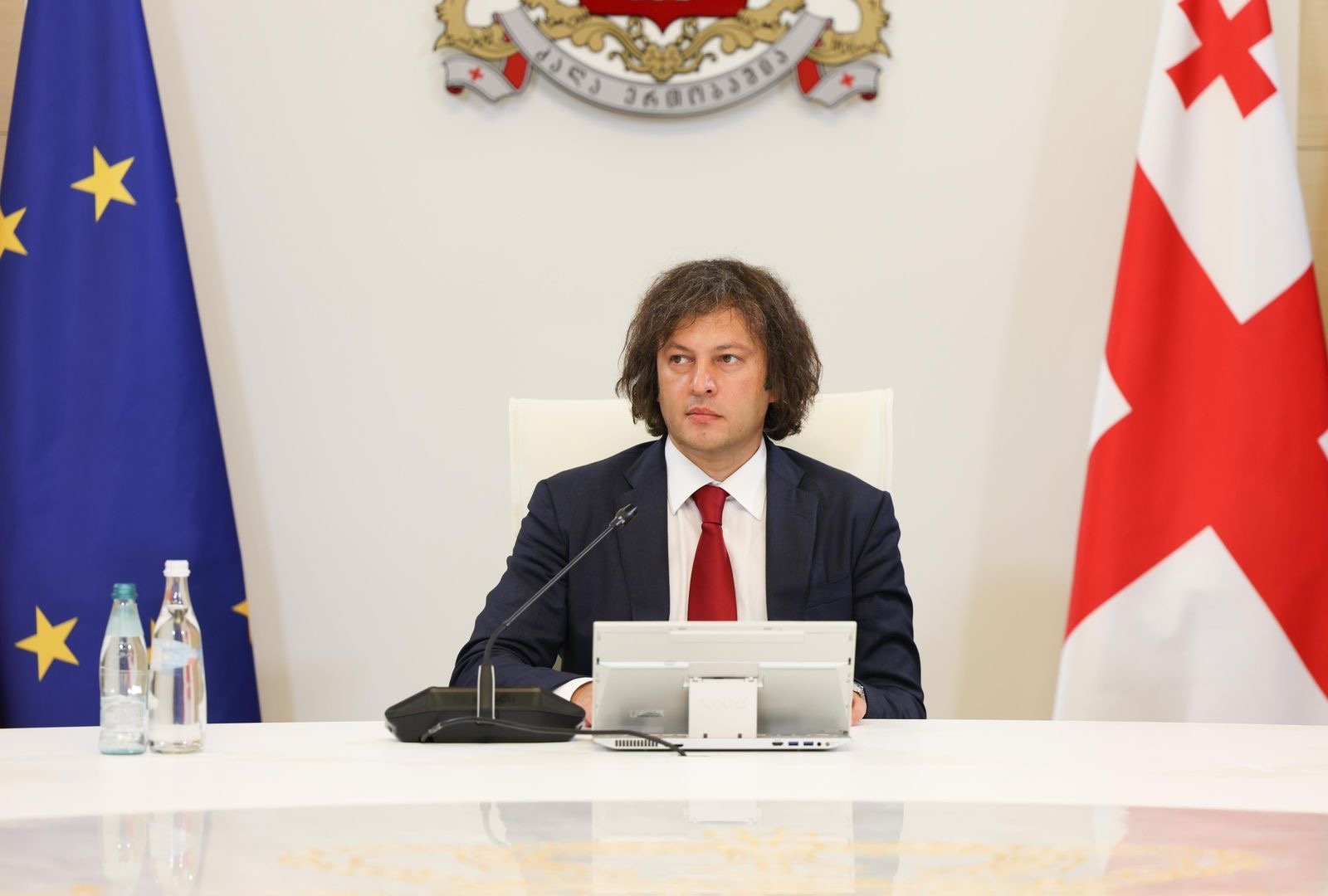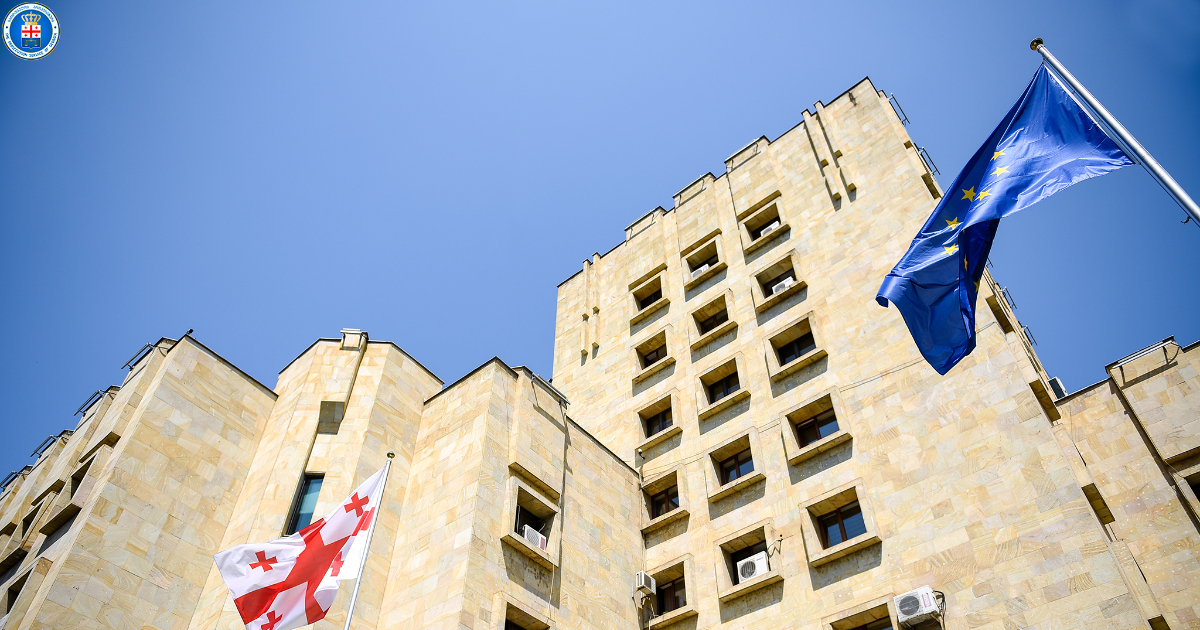Georgian PM: Ukraine, its people are main victims of war, Russia also 'burdened'

Author
Front News Georgia
Georgian Prime Minister Irakli Kobakhidze on Friday said Ukraine and the Ukrainian people were the “main and very heavy victims” of the ongoing war, adding that Russia had also faced negative consequences.
In an interview with POSTV, Kobakhidze argued that only a country’s population and its elected leadership could safeguard national independence and sovereignty.
“If you do not do that, there is no force in the world that will protect your interests or your peace,” he said.
Reflecting on the events following Ukraine’s 2014 Maidan protests, Kobakhidze claimed the revolution was organised from outside the country and that those responsible did not assume accountability for subsequent developments. He linked the Maidan to the outbreak of hostilities in Donbas and later to the full-scale 2022 war, calling them a chain of related events.
“This beautiful country with extraordinary people has been devastated and no one takes responsibility for that. Those who organised the Maidan do not take responsibility. The war has also made Russia’s situation more difficult, as its economy could have developed differently. Today, the Russian economy is at a standstill,” he stated.
Kobakhidze further asserted that Europe is the “main victim” of the Russia-Ukraine war, claiming that European prosperity and identity had been undermined by conflicts since 2008, which he described as artificially triggered. He argued that the goal of unspecified “global war forces” was to weaken the EU by disrupting peace and economic growth.
The Prime Minister said before 2008 the European Union held the world’s highest living standards and strongest identity, but both have since been “shaken” due to political and economic pressures.
“The first was the Russia–Georgia war, the second was the Russia–Ukraine war and the third was the second Russia–Ukraine war, and this disrupted peace across the entire continent. The entire European Union, along with its member states, was involved in these processes in one form or another, and ultimately we ended up with the result we have today", he said.
Kobakhidze attributed these dynamics to informal power structures, saying such influences are often referred to as the “deep state” in the US, though he rejected the term, describing them instead as “oligarchic”, “informal actors” driving geopolitical instability.
Tags:
Irakli Kobakhidze




